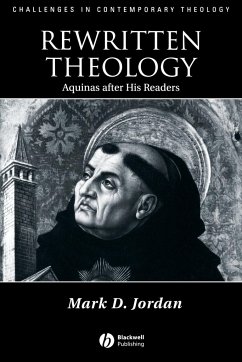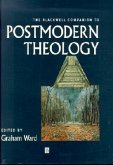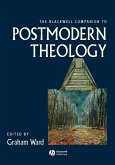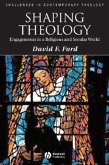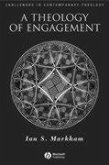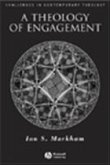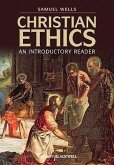Recent years have seen numerous appropriations of Thomas Aquinas's work by a range of theologians, from liberal Catholics to the creators of radical orthodoxy. Responding to this upsurge of interest, this book goes straight to the heart of the contemporary debates about Thomism. Author Mark Jordan focuses on the concept of authority, both in terms of Aquinas's own attitude to authority and how the Church authorities have used Aquinas to shore up their own position. He shows how to read Aquinas from, into and against theological authorities, and argues for future readings of Thomas which are substantially different from those which have gone before.
Hinweis: Dieser Artikel kann nur an eine deutsche Lieferadresse ausgeliefert werden.
Hinweis: Dieser Artikel kann nur an eine deutsche Lieferadresse ausgeliefert werden.

